In Islamic tradition, wearing a burqa is a matter of personal choice, cultural identity, and religious observance. It is a way for women to maintain modesty and privacy, particularly in public spaces or in the presence of men who are not close relatives (non-mahram). The practice is often rooted in interpretations of Quranic verses and Hadiths (sayings of the Prophet Muhammad), though views and practices vary widely within the Muslim world.
While the burqa is sometimes viewed as a symbol of religious devotion, it can also be seen as a cultural garment, passed down through generations, carrying historical and familial significance.
Modern Adaptations and Discussions
In modern times, the burqa has become a topic of global discourse surrounding women’s rights, religious freedom, and cultural identity. Some countries have enacted regulations or bans on full-face coverings in public, while others have defended the right to wear them as a form of personal and religious expression.
Contemporary burqas may now include features such as zippers, pockets, breathable panels, and stylish embroidery, blending traditional modesty with modern functionality and aesthetics.


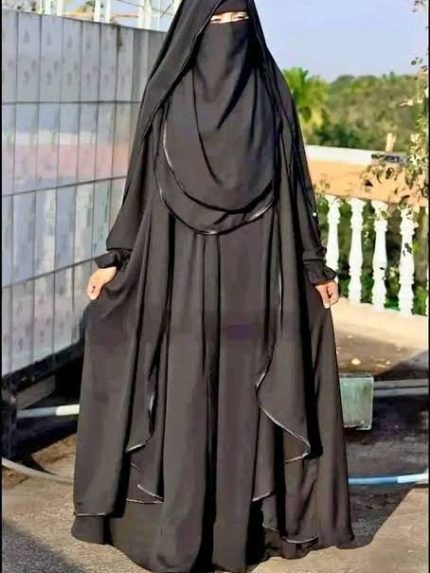
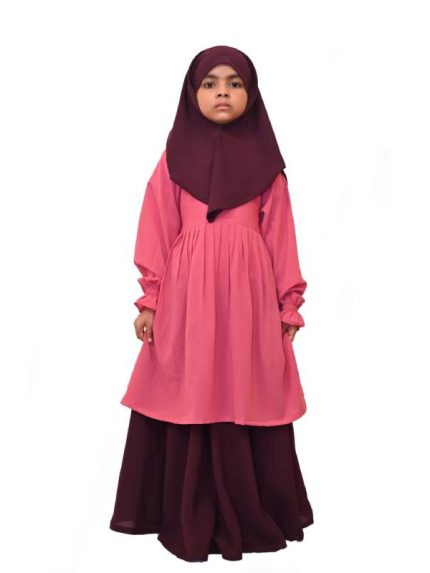
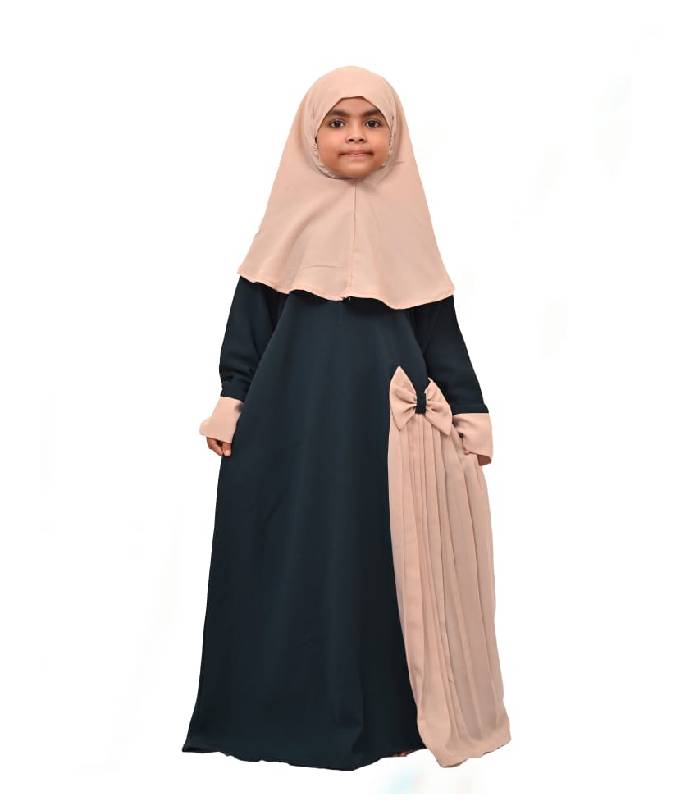
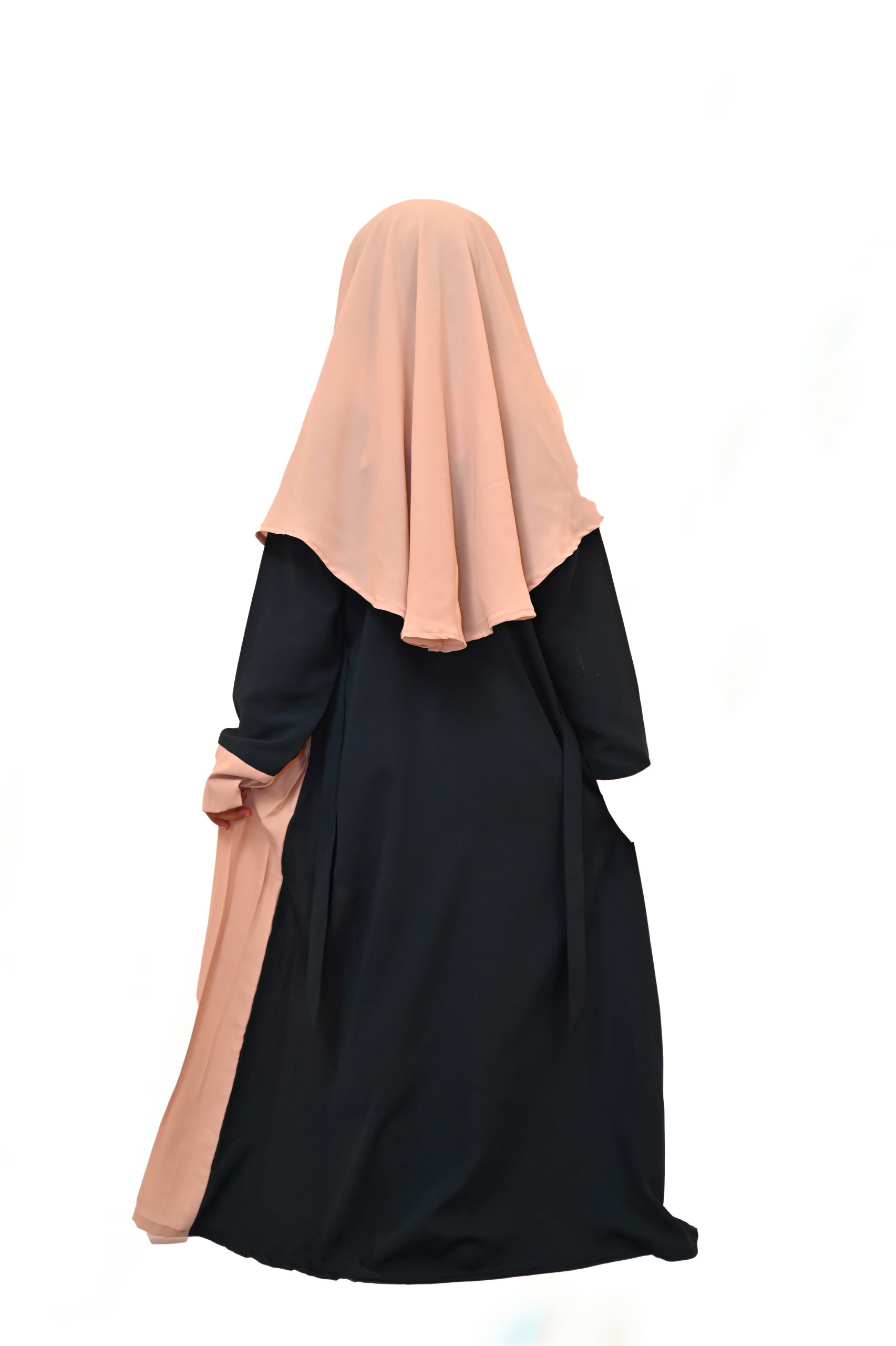
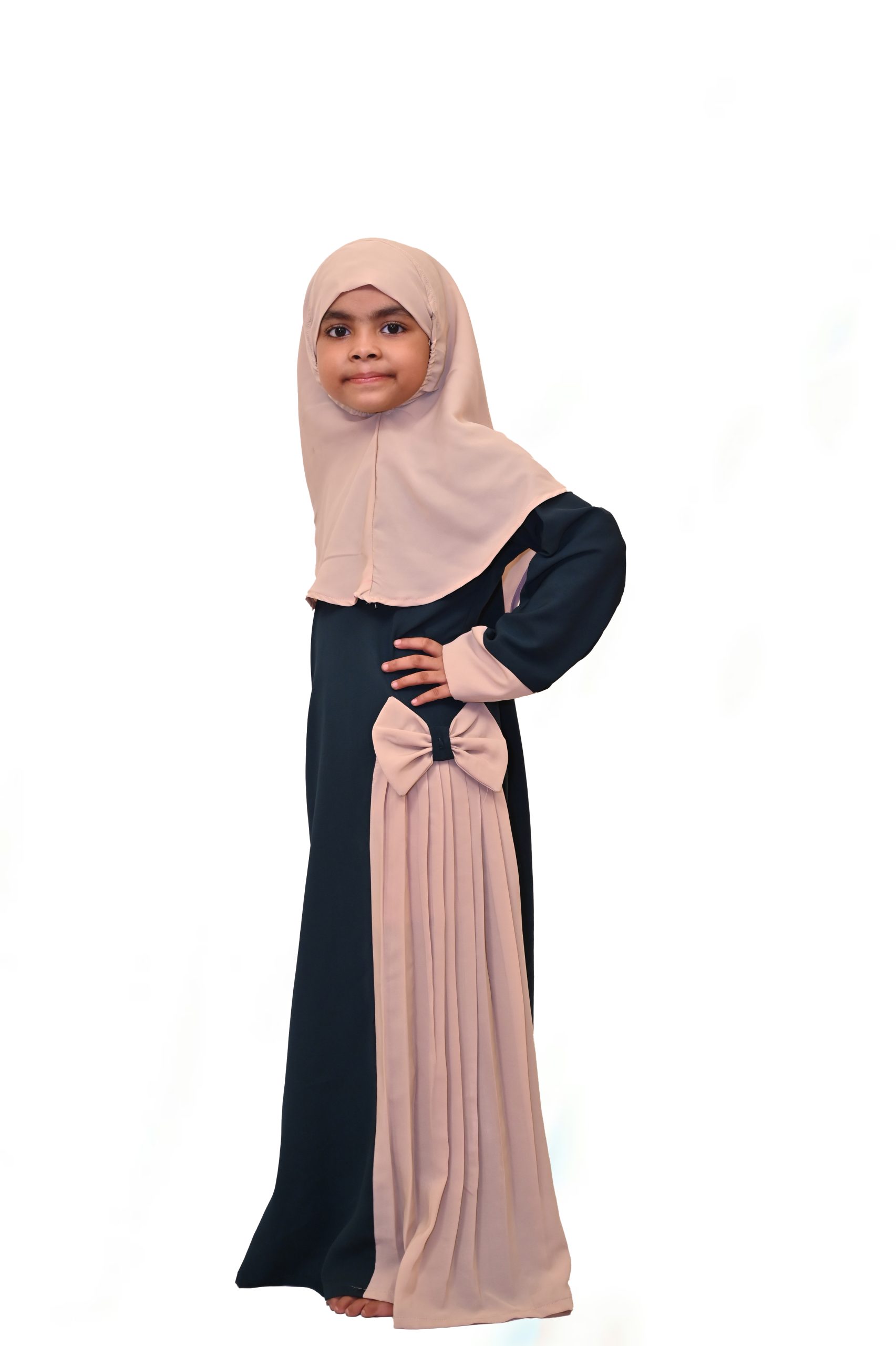
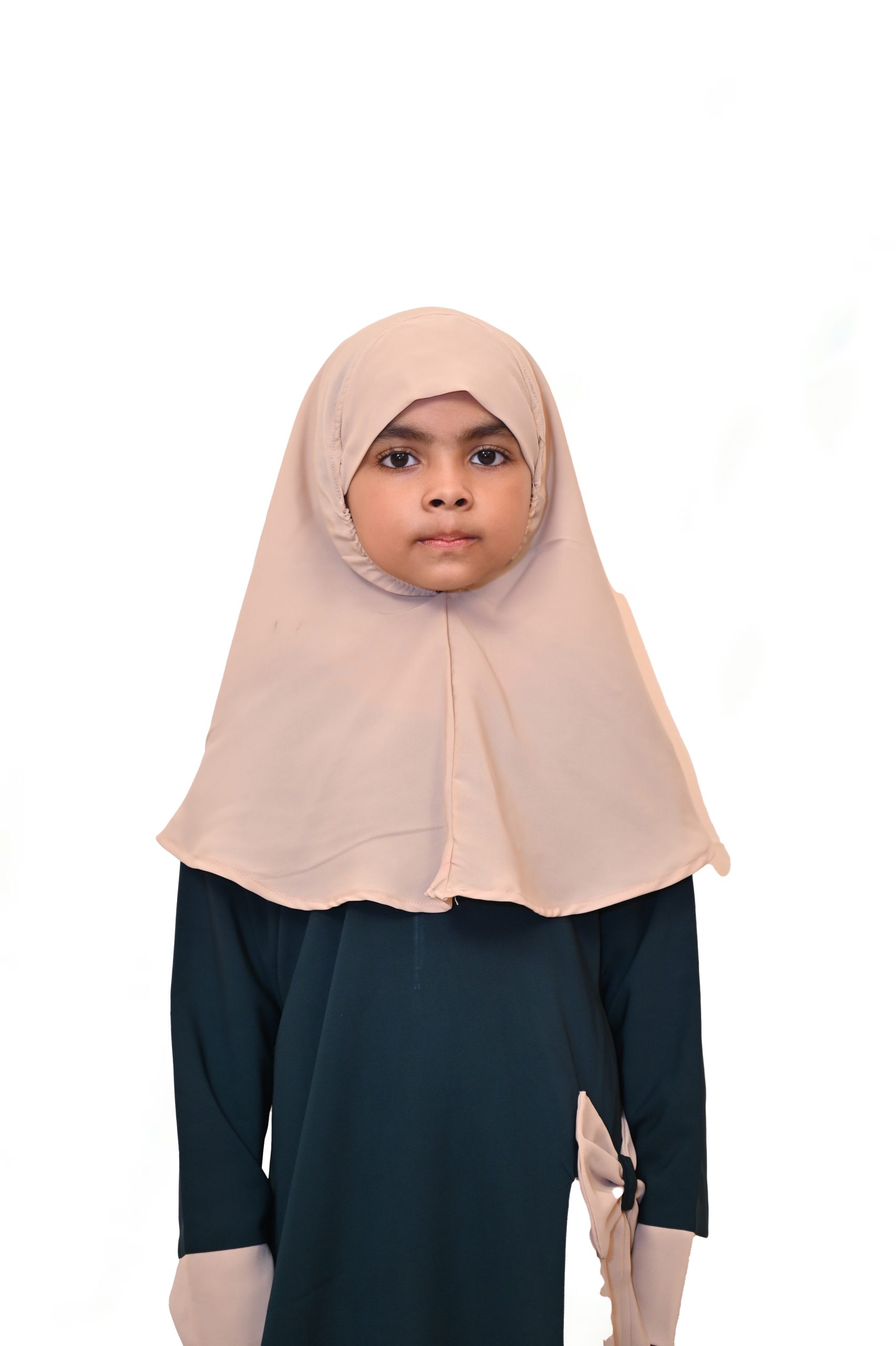
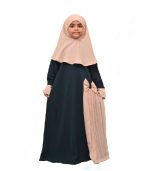
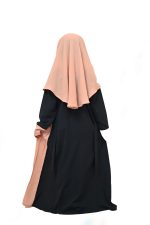
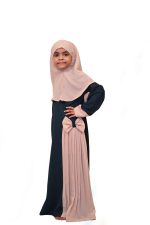
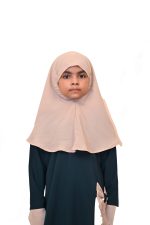
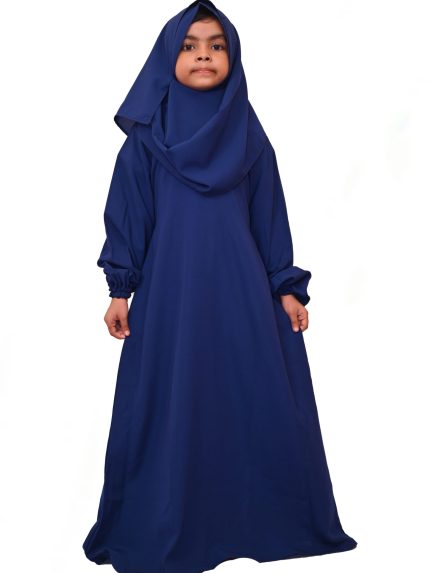
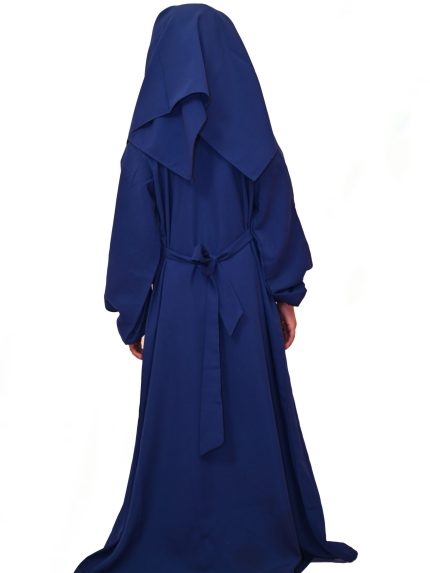
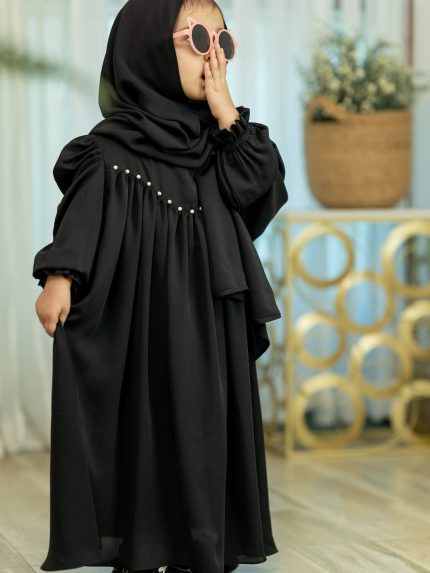
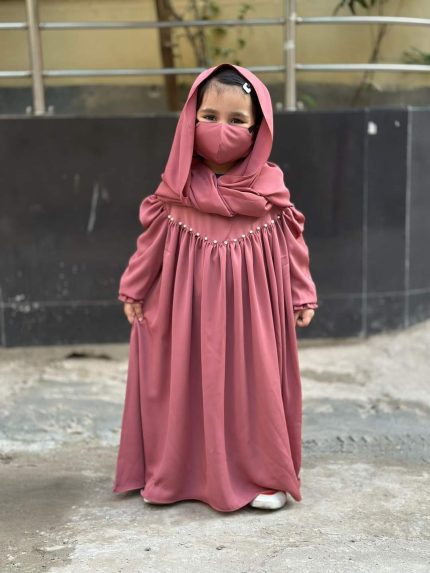
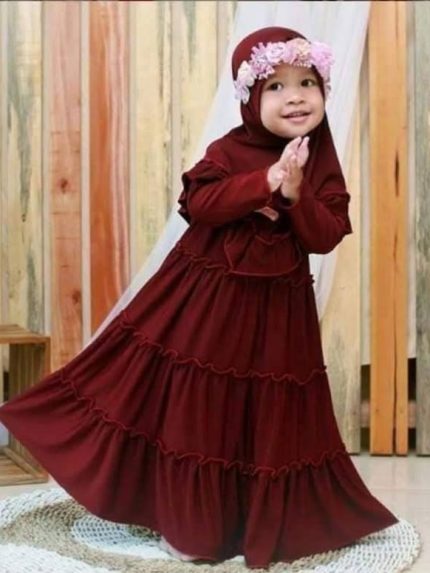
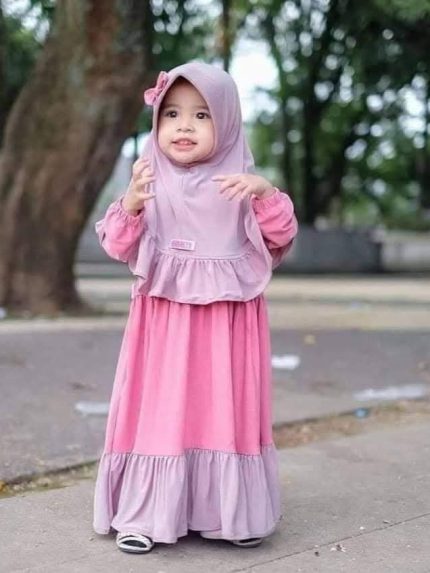
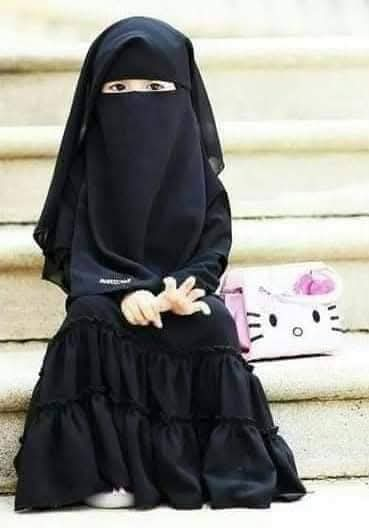
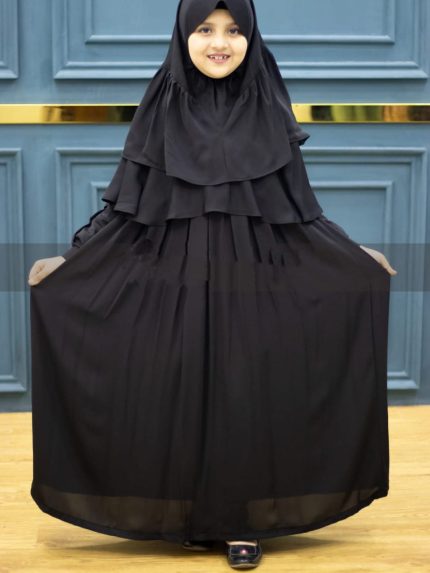
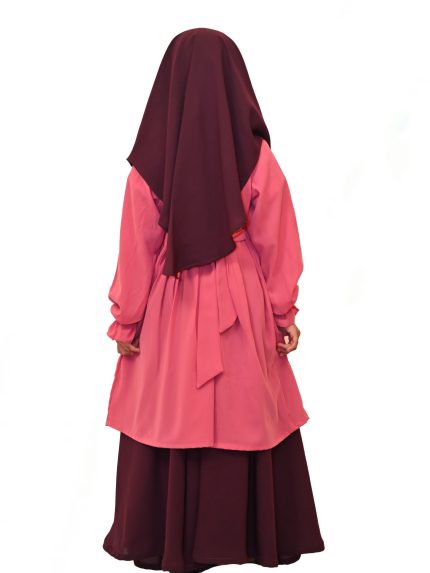
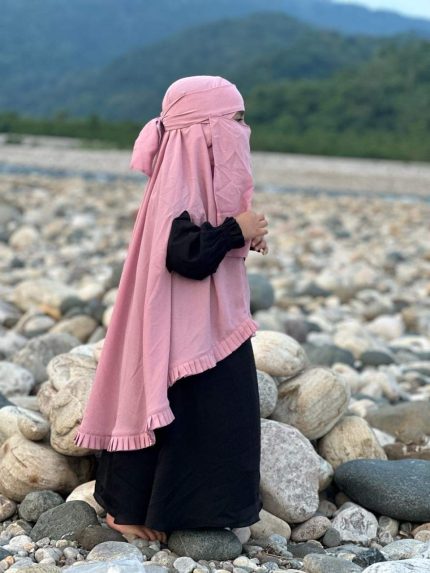
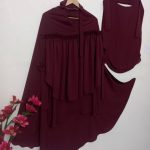
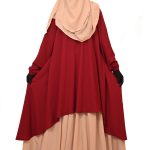
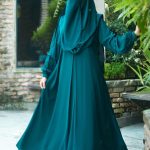
Reviews
There are no reviews yet.